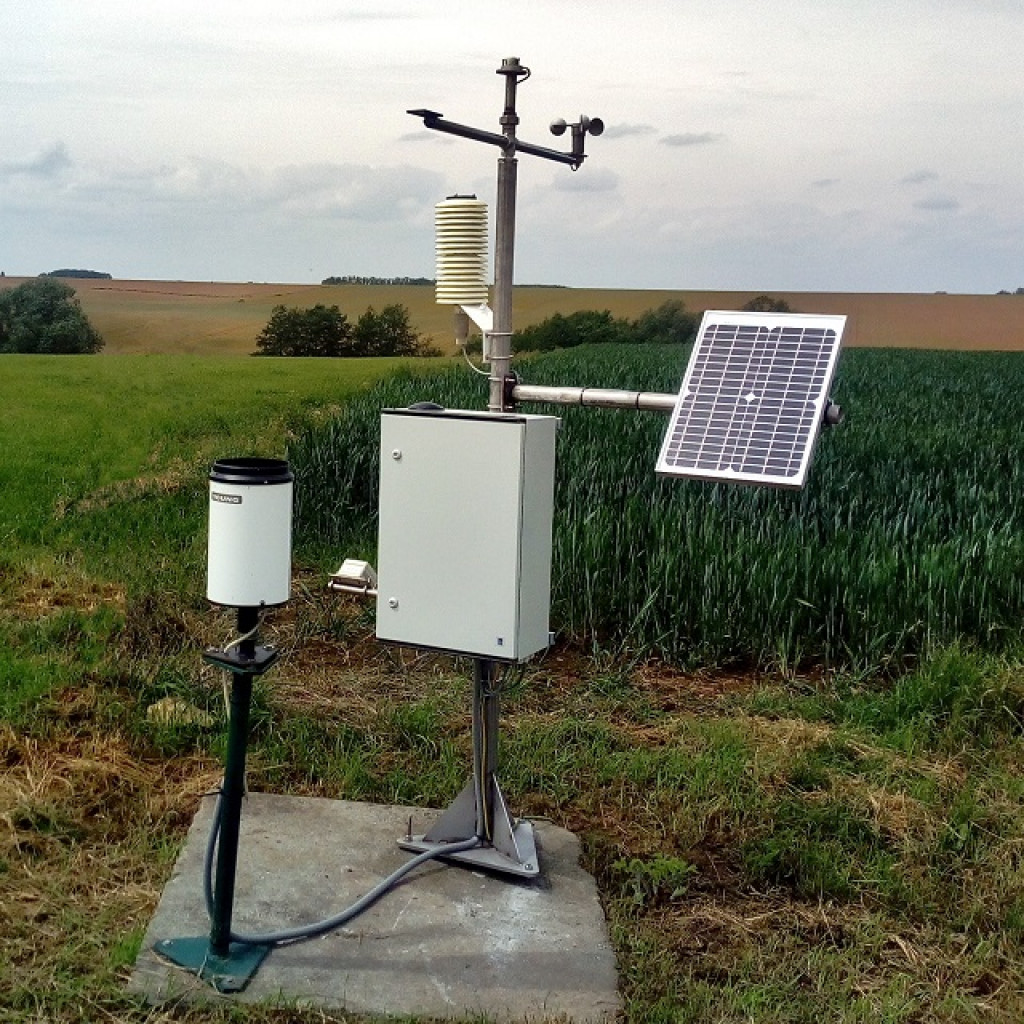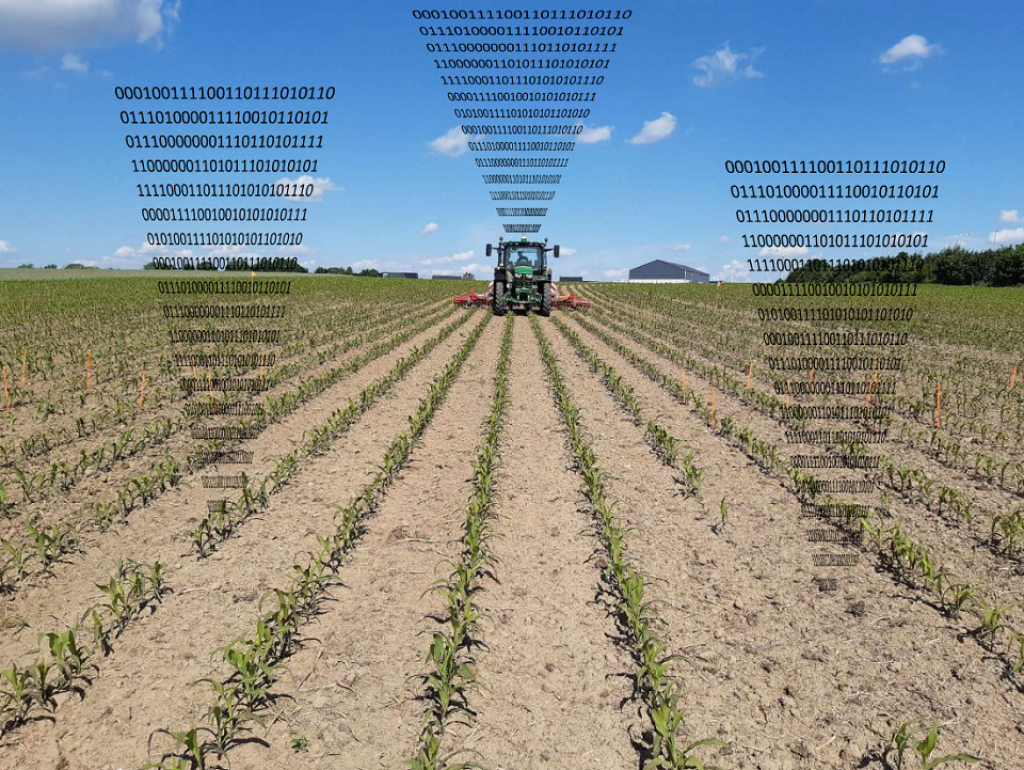The Japanese beetle (Popillia japonica) is a highly polyphagous (>300 host plants) invasive pest native to Japan. It is listed as an A2 Quarantine pest for the EU (Annex II B). Present in the USA for more than a century, it has only recently become established in Europe. For the moment, it occurs in containment areas in Switzerland and northern Italy as well as in the Azores (Portugal). However, in recent years, many beetles were found in pheromone traps near container terminals in other EU member states (in the Netherlands in 2019 and in Germany in 2022), so further outbreaks in the EU can be expected. Furthermore, climate change and the rising temperatures will likely affect the potential distribution and phenology of P. japonica, favouring its occurrence and the area when it can achieve one generation per year above 37°N latitude.
In order to control incipient populations and limit the spread of this beetle, it is important to define common management strategies among EU member states. To be effective, these strategies should incorporate the latest state of knowledge on the beetle and on its control. In addition, it is important to take into account the environmental cost of available control methods. Finally, management strategies should be adapted to each member state's ecological features and resources. To meet these requirements and establish a viable P. japonica control strategy for Belgium, we will (i) gather and summarise information on management methods from the scientific literature as well as from experience of transnational partners already confronted to this pest, (ii) check that the methods identified comply with European and Belgian legislation on plant protection products, (iii) review published phenological data on P. japonica and use national weather data over the past 10 years and predictions at horizon 2050 to determine the suitability for establishment and the estimated voltinism of the pest by country/region in current and future climate conditions, and (iv) develop reasonable management scenarios in case of detection with varying amounts of resources.
This project, funded by the Federal Public Service (FPS) Public Health (RI 23/C423), is being carried out by a Belgian consortium including pcfruit (Proefcentrum Fruitteelt VZW) and the CRA-W. It is also part of a European research consortium (EUPHRESCO project) joining several transnational research partners (Austria, Germany, Ireland, Italy, Slovenia, Switzerland and UK)










